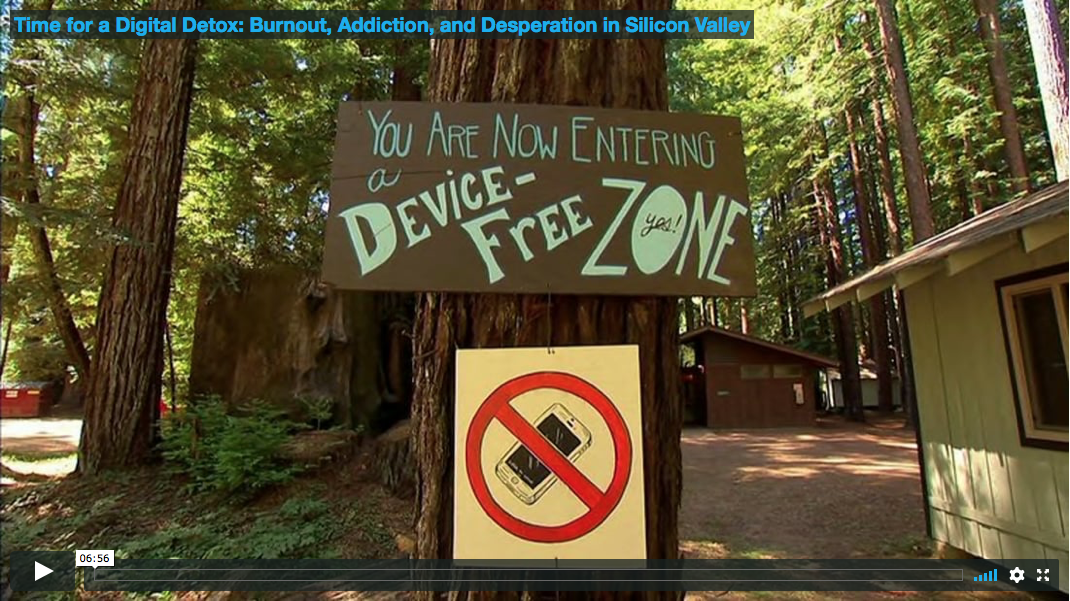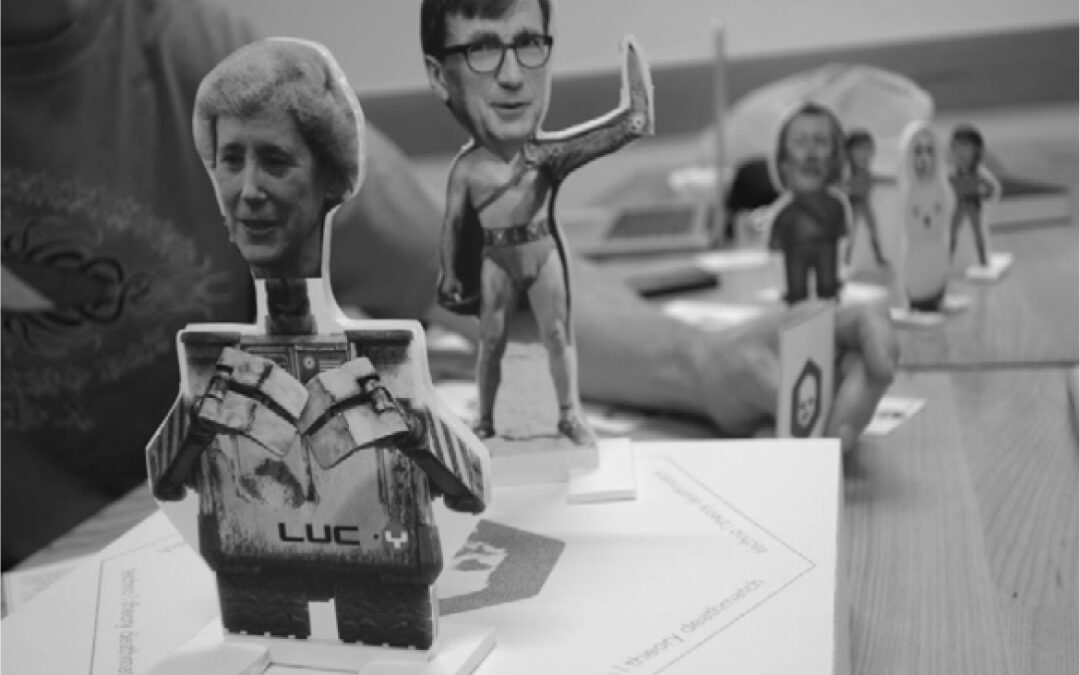Focusing on the client-consultant relationship, well honed, but perhaps overly so, this paper aims to shed light on the conditions that at once streamline and challenge our collaborations. To do so, we borrow a page from the visual arts; namely an experimental method of representation called...










